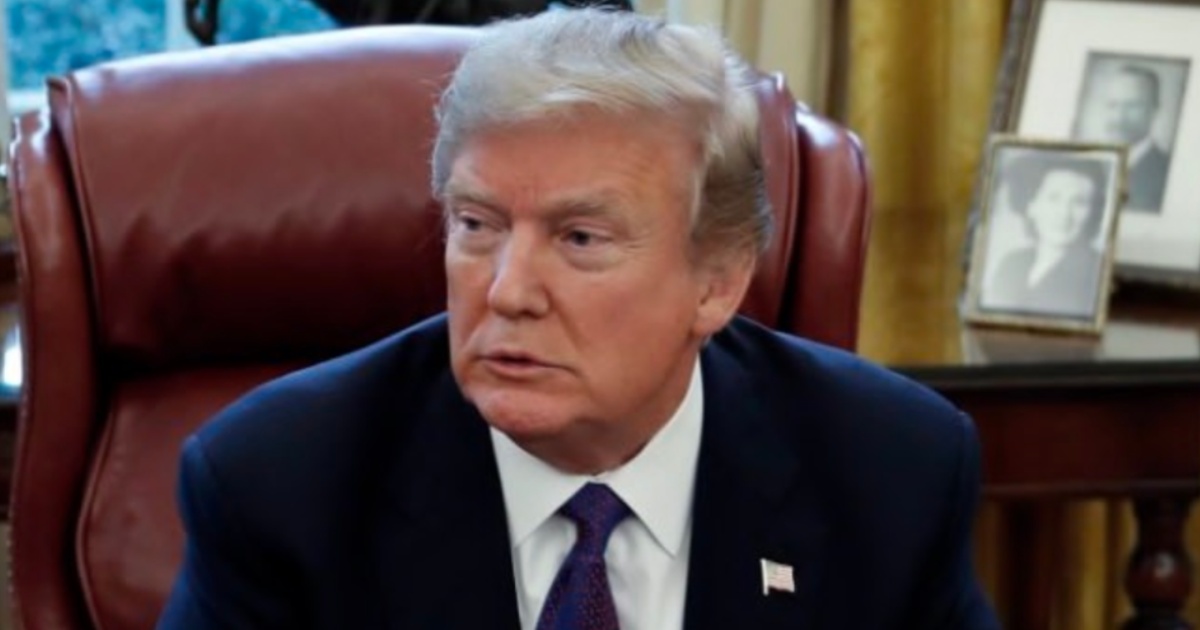In a scattered and at times combative press gaggle on the South Lawn of the White House Friday morning, President Donald Trump was asked point‑blank if he would consider issuing a pardon or granting clemency to Ghislaine Maxwell, the longtime associate of Jeffrey Epstein.
Maxwell, who has been in the spotlight for years over her alleged role in Epstein’s sex trafficking network, is reportedly in ongoing discussions with the Department of Justice, where Trump’s former defense attorney, Todd Blanche, now serves as Deputy Attorney General.
Trump on pardoning Ghislaine Maxwell: “I’m allowed to do it” pic.twitter.com/e9bjwFqfYr
— Aaron Rupar (@atrupar) July 25, 2025
Trump did not offer a straightforward denial. Instead, he began by praising Blanche as “a great attorney” before abruptly pivoting to familiar talking points. In a pattern that has become typical of his exchanges with the press, Trump quickly shifted focus toward other figures linked to Epstein.
He mentioned former President Bill Clinton by name and referenced former Treasury Secretary Larry Summers, both of whom have been associated with Epstein’s social and financial circles to varying degrees.
“You ought to be speaking about Larry Summers,” Trump told reporters. “You ought to be speaking about some of his friends that are hedge fund guys. They’re all over the place. You ought to be speaking about Bill Clinton, who went to the island 28 times. I never went to the island.”
The response sidestepped the original question and reframed the conversation around Trump’s preferred narrative, that others, not himself, should be the focus of scrutiny. While Trump has repeatedly attempted to distance himself from Epstein, photographs and social interactions between the two have long been documented. Maxwell’s appearance in those same circles has fueled speculation about the extent of her connection to Trump.
When reporters pressed further, asking about a rumor that Trump once wrote a birthday letter to Epstein, the former president offered a firm denial. “I don’t even know what they’re talking about,” Trump said. “Now, somebody could have written a letter and used my name, but that’s happened a lot.”
As the gaggle continued, Trump shifted gears once again, launching into grievances about the Russia investigation and the Steele dossier, topics that have become hallmarks of his public appearances. “It’s all fake,” he said, adding that Democrats were “a bunch of sick people.” The monologue felt disconnected from the original line of questioning, but it underlined his ongoing strategy of attacking his political adversaries whenever sensitive issues arise.
What stood out in the exchange, however, was what Trump did not say. He offered no explicit rejection of the idea that Maxwell could receive a pardon or clemency should he return to the Oval Office. Per The Mirror, instead, when the question resurfaced later, he remarked that he had not “thought about it” before adding, “I’m allowed to do it.”
The comment sent ripples through social media and the press pool, as it suggested that, at least in Trump’s mind, the possibility remains on the table. Legal experts note that a presidential pardon for someone like Maxwell would be unprecedented in scope and highly controversial, given her ties to a sprawling criminal investigation that has already exposed powerful networks.
Trump’s reluctance to rule out such a move comes amid broader scrutiny over his handling of clemency during his first term. He previously granted high‑profile pardons to political allies and controversial figures, fueling criticism that he uses presidential powers to reward loyalty rather than uphold justice.
For now, Ghislaine Maxwell remains in federal custody and continues to face a series of legal battles. But Trump’s off‑the‑cuff remark, that he’s “allowed” to pardon her, ensures that questions about where his loyalties truly lie will linger. The President’s response, as with so many of his public comments, raised more questions than it answered.









